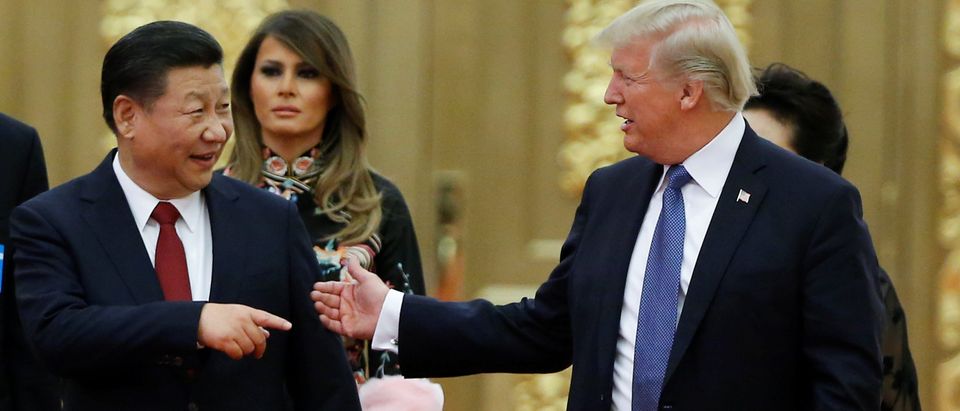The stock markets worldwide are brimful of glee over the Trump-Xi talks over the past weekend. But it’s too soon to pop the champagne corks. What if the Chinese strategy is to prolong discussions until the November 2020 election?
If President Trump is not re-elected, the show may not be over, but the cast and script will have changed. As with Presidents Clinton and Obama, it’s unlikely a Democrat president would take concrete action against intellectual property theft by the People’s Republic of China.
Consider this: the predecessor to the World Trade Organization was the General Agreement on Tariffs and Trade. International trade nerds called it the General Agreement to Talk and Talk.
With the 2020 election year fast approaching, the White House will be absorbed in actions to ensure a re-election. In fact, the White House ought to be doubling down on domestic affairs, after last month’s poor performance by the GOP in the mid-term elections.
Naturally, the Communist Central Committee and Xi know this. Ergo, there will be talks and talks about goals, frameworks, priorities and modalities of negotiations.*
Those who follow trade issues will recall how the late, unlamented Doha Round of multilateral trade negotiations began in 2001 and sputtered to its end in 2015. Indeed, trade negotiations can take a very long time.
The speedy replacement of NAFTA by the U.S.-Mexico-Canada trade agreement (USMCA) cannot serve as an example of negotiators sprinting to an agreement.
The U.S.-Canadian Free Trade Agreement was the foundational document for NAFTA. An idea endorsed by President Ronald Reagan and Canadian President Brian Mulroney in 1985, it led to negotiations ending in 1987, with the agreement becoming law in January 1989.
In 1991, the United States and Canada began trade talks with Mexico. Negotiations went swiftly, using the prior U.S.-Canadian agreement as a template. NAFTA became law in 1994; a mere three years after the start of negotiations.
The PRC is a much larger country than Canada and Mexico combined. Its organic law invests all power to the Communist Party of China. Although Xi Jinping is titled “President of the PRC,” his true title is the General Secretary of the Communist Party of China. Xi was elected by the PRC legislature on a one-name ballot. There are no term limits.
Although the PRC has a legislature, the most powerful political actor after Xi is the Communist Central Committee (technically elected by the legislature).
The bottom line is: President Xi and the Communist Central Committee are in no hurry to conclude a deal. It’s likely they’ll approve a few changes in the cause of political theater, otherwise, they’ll wait to see what happens on Election Day 2020.
It’s about running out the clock. China’s expert on that is Yao Ming, the former Houston Rockets NBA superstar, now a member of the official consultative group to the Central Committee.
Dribbles but no slamdunks: Yao’s advice to Xi on how to handle Trump and trade?
*A term of trade art. Translation: how will both parties actually conduct the negotiations. They could work on a simple percentage basis (e.g., cutting all agricultural tariffs by twenty percent) or on a more individualized basis — cutting deals on noncontroversial items before attempting the tougher issues.
Joanne Butler is a graduate of the Kennedy School at Harvard, was a professional staff member (Republican) at the House Ways and Means Committee, and served in President George W. Bush’s administration.
The views and opinions expressed in this commentary are those of the author and do not reflect the official position of The Daily Caller.


